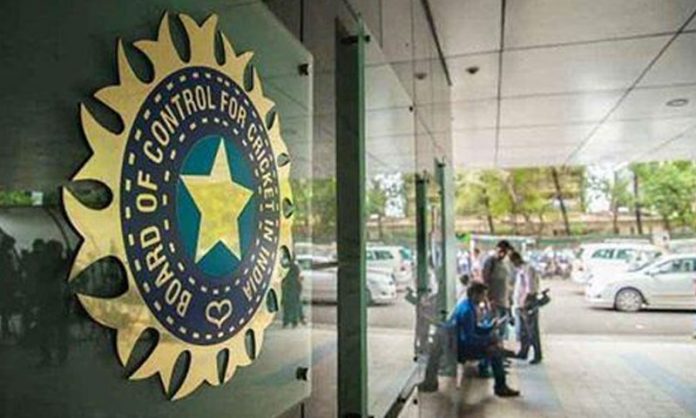NEW DELHI: In a big blow for the Board of Control for Cricket in India, the Supreme Court has removed Anurag Thakur from the post of BCCI President for not complying with the orders of the apex court with regards to implementation of the Lodha committee reforms. The Supreme Court also removed Ajay Shirke from the post of Secretary.
The Lodha committee had asked the Supreme Court to appoint an observer on December 15, who would guide the BCCI in its administration, particularly with reference to the awarding of contracts, transparency norms, audit, etc., for domestic, international and IPL matches to be played hereafter.
The court had a fortnight back, while hearing the case, hinted at appointing a panel of administrators as opposed to a single administrator.
The Supreme Court of India had also hinted at instituting perjury case against BCCI president Anurag Thakur for filing a false affidavit and reserved its order on the issue.
The Supreme Court said: “BCCI case-prima facie we believe a case of PERJURY. We will launch a prosecution. Apologise if you want to escape, but even then we are not sure if we could accept apology.”
The perjury case is due to the fact that the Lodha panel had informed the court about Thakur writing a letter to ICC chief executive Dave Richardson requesting for a letter from ICC, stating whether the appointment of a CAG official , as per Lodha panel’s recommendation amounted to government interference in BCCI.
In earlier hearings the court has rapped the board on the knuckles for not obeying that order, asking whether it believes “it is a law unto itself.”
In October 2016, the court had frozen the accounts of the BCCI but has allowed release of funds to enable the board to hold cricket matches first with the visiting New Zealand side and then with England.
At the December 16 hearing, the BCCI rejected the Lodha Committee’s recommendation that former union home secretary GK Pillai be appointed as an independent auditor to scrutinise the grant of contracts by the board as ordered by the court.





